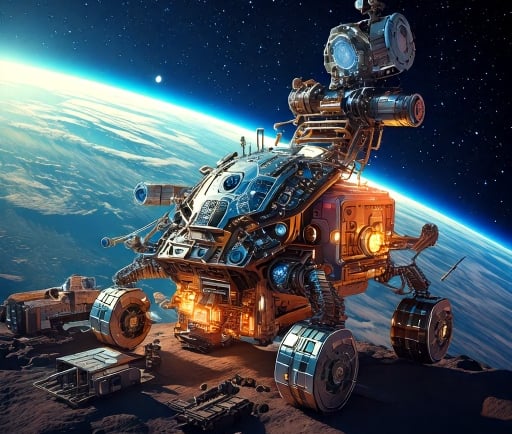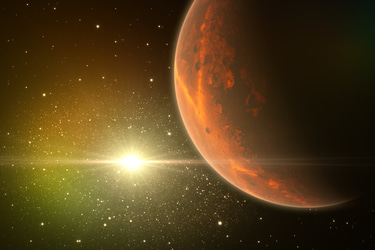The Pioneering Role of Artificial Intelligence in Space Exploration


Introduction to Artificial Intelligence in Space
Artificial intelligence (AI) plays a transformative role in space exploration, utilizing advanced algorithms and machine learning to enhance the capabilities of various technologies. By integrating AI in rovers, robotics, spacecraft, and satellites, researchers and engineers have expanded our reach into the cosmos, making exploration more efficient and insightful.
AI in Spacecraft and Satellites
Spacecraft and satellites are essential for gathering data and monitoring the Earth and the universe beyond. AI enhances their operational efficiency by automating complex processes such as navigation and data analysis. For instance, artificial intelligence algorithms can autonomously select optimal flight paths, predict system failures, and adapt to real-time environmental changes. These capabilities ensure that spacecraft and satellites function at their best, even when thousands of miles from Earth.
The Impact of AI on Rovers and Robotics
On the planetary surface, AI-driven rovers and robotic systems facilitate groundbreaking research. NASA’s Mars rovers, such as Perseverance, leverage machine learning to navigate the Martian terrain autonomously. By using AI to analyze data from their surroundings, these rovers can make critical decisions about where to explore or which samples to collect, reducing the reliance on remote control from Earth. As a result, research missions become more productive and significantly more responsive to immediate scientific opportunities.
Future Prospects of AI in Space Exploration
The journey of integrating artificial intelligence in space exploration is just beginning. Future missions are expected to harness more sophisticated AI systems that can learn and adapt to new environments. With advancements in AI, we could see the development of autonomous spacecraft capable of conducting long-term missions without human intervention, revolutionizing our approach to exploring distant planets and celestial bodies.
Conclusion
In summary, artificial intelligence is a critical driver of innovation in space exploration. From enhancing spacecraft capabilities to improving the function of rovers and robotic systems, AI enables us to conduct more profound and efficient research. As technology evolves, the potential applications of artificial intelligence in the realm of space will undoubtedly grow, paving the way for exciting discoveries and advancements in our understanding of the universe.
